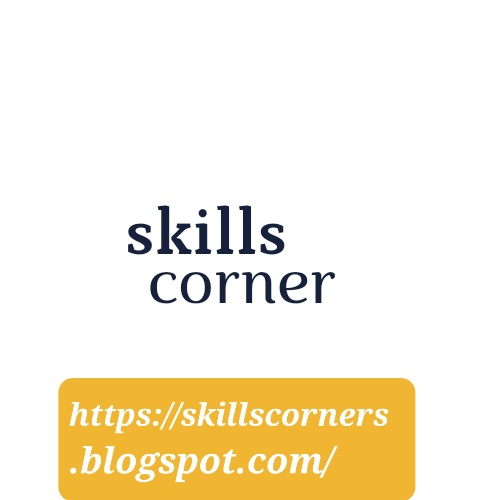**Developing Critical Thinking Skills: A Guide to Mastering the Art of Analysis**
Critical thinking is the ability to analyze, evaluate, and synthesize information to form well-reasoned judgments and make informed decisions. It is a fundamental skill that empowers individuals to navigate complex problems, think creatively, and approach challenges with clarity and logic. In this guide, we will explore the importance of critical thinking and provide practical strategies to master this essential skill.
**Understanding Critical Thinking:**
Critical thinking involves a combination of cognitive processes, including analysis, interpretation, inference, evaluation, and problem-solving. It enables individuals to question assumptions, examine evidence, consider alternative perspectives, and arrive at sound conclusions based on logical reasoning. Critical thinkers are adept at identifying biases, recognizing logical fallacies, and distinguishing between fact and opinion.
**Key Components of Critical Thinking:**
1. **Analysis:** Break down complex information into its component parts to understand the underlying structure and relationships. Identify patterns, trends, and key concepts to extract relevant insights and implications.
2. **Evaluation:** Assess the credibility, relevance, and validity of information by examining sources, evidence, and arguments. Evaluate the strengths and weaknesses of different viewpoints and interpretations to make well-informed judgments.
3. **Inference:** Draw logical conclusions based on available evidence and logical reasoning. Make reasoned predictions and extrapolations from observed patterns and trends.
4. **Problem-Solving:** Approach problems systematically by defining objectives, generating alternative solutions, and evaluating their feasibility and effectiveness. Apply creative thinking and experimentation to overcome obstacles and achieve desired outcomes.
5. **Decision-Making:** Make informed decisions by weighing the potential risks and benefits, considering relevant factors, and anticipating potential consequences. Use critical thinking to prioritize options and choose the most optimal course of action.
**Practical Strategies for Mastering Critical Thinking:**
1. **Ask Questions:** Develop a curious mindset by asking probing questions and seeking clarification. Challenge assumptions, explore alternative perspectives, and dig deeper to uncover underlying issues and assumptions.
2. **Seek Diverse Perspectives:** Expose yourself to a variety of viewpoints, opinions, and cultural perspectives to broaden your understanding and challenge your own biases. Engage in respectful dialogue and debate to foster critical thinking and empathy.
3. **Evaluate Evidence:** Scrutinize sources of information and assess their reliability, credibility, and relevance. Verify facts, cross-reference multiple sources, and consider the context in which information is presented.
4. **Practice Reflective Thinking:** Take time to reflect on your own thought processes, beliefs, and assumptions. Analyze past decisions and actions to identify patterns, biases, and areas for improvement.
5. **Engage in Problem-Solving Activities:** Tackle challenging problems and puzzles that require creative thinking, experimentation, and perseverance. Practice breaking down complex problems into manageable components and systematically exploring potential solutions.
6. **Develop Analytical Skills:** Strengthen your analytical skills by practicing data analysis, statistical reasoning, and logical reasoning exercises. Learn to interpret graphs, charts, and numerical data to extract meaningful insights.
7. **Cultivate Intellectual Humility:** Remain open-minded and humble in your pursuit of knowledge and understanding. Acknowledge your limitations, embrace constructive criticism, and be willing to revise your beliefs in light of new evidence.
**Conclusion:**
Mastering critical thinking is a lifelong endeavor that requires dedication, practice, and a commitment to intellectual rigor. By honing your ability to analyze information, evaluate evidence, and make reasoned judgments, you can become a more effective problem solver, decision-maker, and lifelong learner. Embrace the challenge of developing your critical thinking skills and apply them to navigate the complexities of the modern world with confidence and clarity.










0 Comments